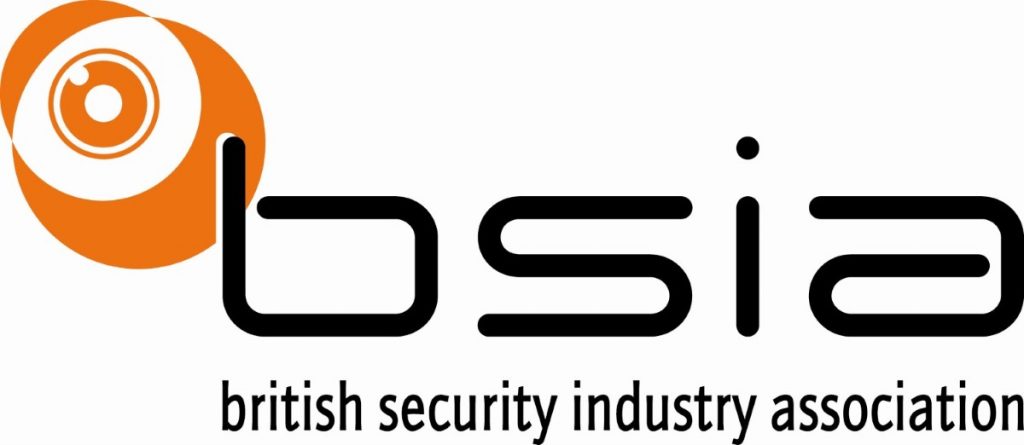CCTV still crucial to community safety three months after UK riots, says BSIA
A shift in public perception of CCTV has been revealed by a recent survey conducted by a member of the British Security Industry Association (BSIA).
With World Town Planning Day and the three-month anniversary of the devastating riots that affected the country in August both falling today (8th of November), the BSIA is reminding town planners, local authorities and community safety groups of the pivotal role played by the surveillance system in the protection of public spaces and communities.
Despite historical controversy around the use of CCTV systems to ensure the protection of the general public and infrastructure in town centres, the high-profile and crucial role played by the technology in the Police’s post-riots crackdowns, which have resulted in an excess of 3,000 arrests made so far, has allowed for a positive shift in the general public’s perception towards the security system. Research commissioned by a member of the BSIA’s CCTV section following the UK riots has in fact revealed that 76 per cent of individuals surveyed feel safer knowing that CCTV is in operation in public areas, with 62 per cent saying they would like to see more CCTV in their local area.
But it is not just the general public that appreciates the crime-fighting capabilities of this technology. Speaking in a Radio 5 Live debate attended by Chris Williams of the Association’s CCTV section, Detective Chief Inspector Kevin Concannon of the Metropolitan Police highlighted how, particularly in the follow-up investigation, the surveillance technology truly comes into its own.
“There were large numbers arrested…” he said, “but [it was] impossible to gather them all up on that night, so that’s when we then fought back on the CCTV.” Supported by forensics and witness testimonies, CCTV is playing “a wide part” in tracking down rioters and looters, with DCI Concannon confident that “a very good proportion of those will ultimately be brought to justice” as a result. The large numbers of arrests and subsequent convictions made have demonstrated this.
These statements reflect the BSIA’s view that, where effectively installed and maintained, CCTV can be a crime-fighting tool like no other. “For a long time, CCTV has been a silent witness to crime, gathering indisputable evidence after a crime has been committed.” says Simon Adcock, Vice-Chairman of the BSIA’s CCTV section. “However, the CCTV operations following the riots in London, Manchester and other parts of the UK have demonstrated how recent developments in CCTV have allowed the technology to become even more accurate when identifying and tracking down culprits.
“Improved image quality achieved by cameras supplied by reliable security providers now allows for the positive identification of the people involved in the acts of violence, in many cases saving the Government millions as a result of guilty pleas, brokered after the criminal has been shown indisputable video-evidence of himself committing the crime in question.”
Intelligent and innovative ways of using Video Analytics have also allowed Police force and private security companies tasked with studying the footage to find new ways to identify culprits. “Thanks to Video Analytics,” continues Simon, “the whereabouts of the individuals involved can be confirmed, tracing them back to an earlier time when, for example, they did not have their hood on, allowing for a clearer view of the face. Moreover, CCTV images enabled officers to locate where items carrying forensic evidence could be found, by for example tracking drink cans from recordings of the moment and location of disposal.”
All of this is possible also thanks to the responsible commitment to developing best practice of the private security industry. Simon adds: “CCTV is vital to the protection of our society and the security industry in the UK is dedicated to ensuring it is used responsibly. It is in fact possible to safeguard civil liberties whilst making effective use of CCTV systems, as the two things are not mutually exclusive.
“As state-owned CCTV accounts for less than 10% of the cameras in the UK, it is the privately owned surveillance systems that provide the majority of evidence in prosecutions, and in the commercial environment, business owners are already adopting best practice, as their main concern is to protect their assets.
“However, in order to be able to continue to benefit from the capabilities that this technology can provide, it is important for end-users to avoid rogue security providers, who can jeopardise the effectiveness of the cameras by, for example, not giving issues such as positioning and lighting the consideration required at the time of installation, or by defaulting their cameras to the lowest image quality setting in order to improve the storage capacity of their product, and therefore make it look less expensive.” concludes Simon.
To find reliable CCTV manufacturers and installers in your area visit www.bsia.co.uk/cctv
Editors Notes
The British Security Industry Association is the trade association covering all aspects of the professional security industry in the UK. Its members provide over 70% of UK security products and services and adhere to strict quality standards. For more information see www.bsia.co.uk, email info@bsia.co.uk or telephone 0845 389 3889.
Press contacts: Amanda Beesley on 0845 389 0755 a.beesley@bsia.co.uk
Alessia Vinerba 0207 566 0641 a.vinerba@bsia.co.uk





-01.png)